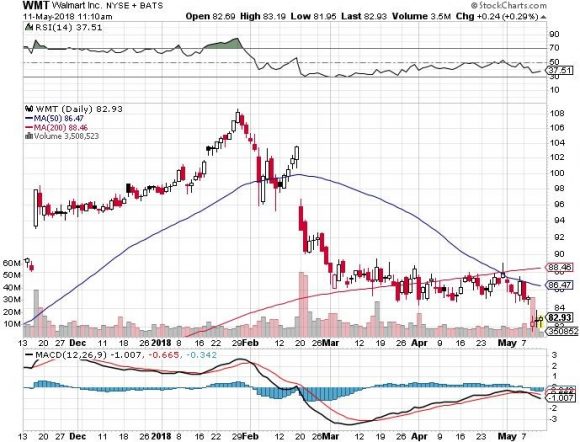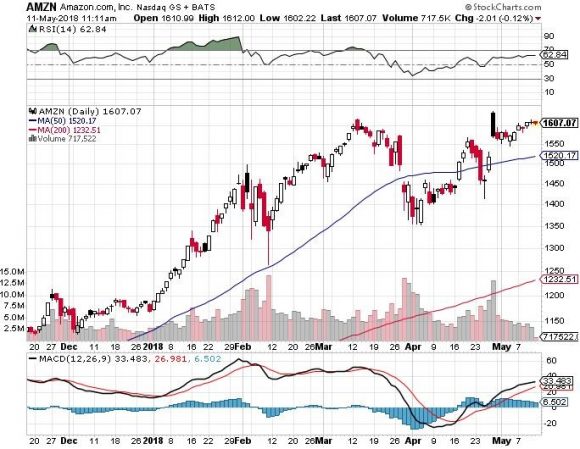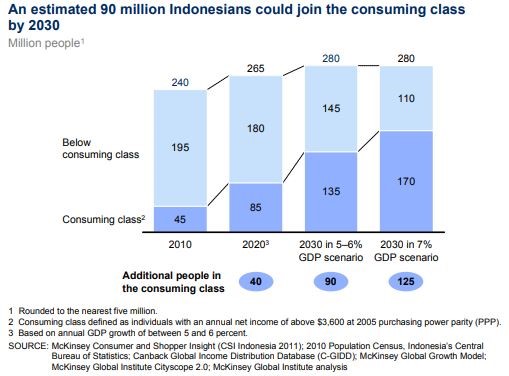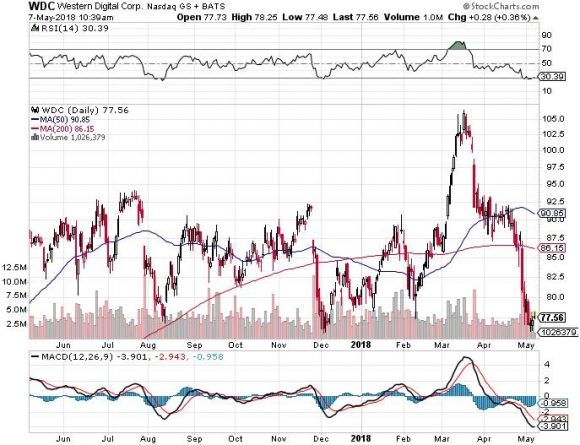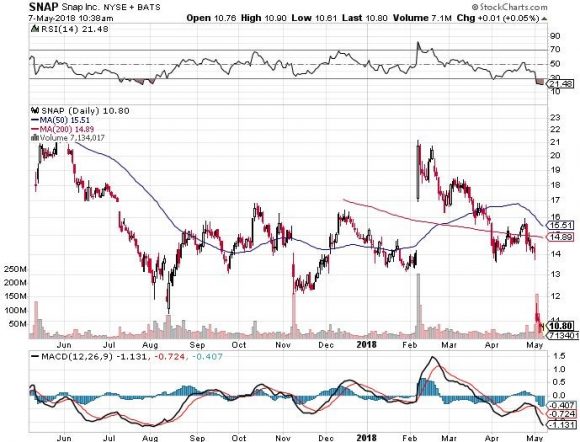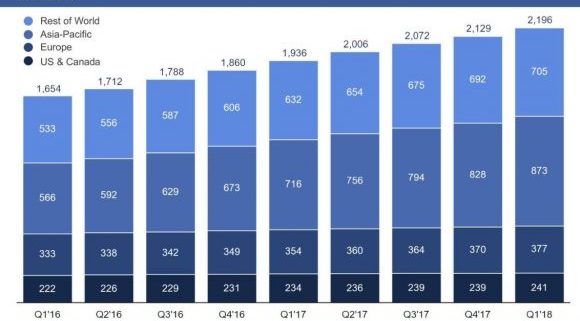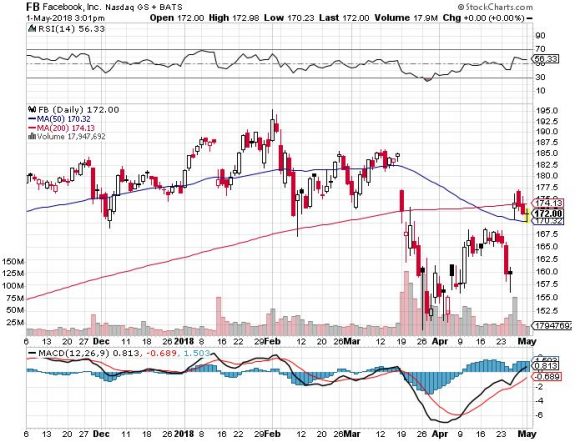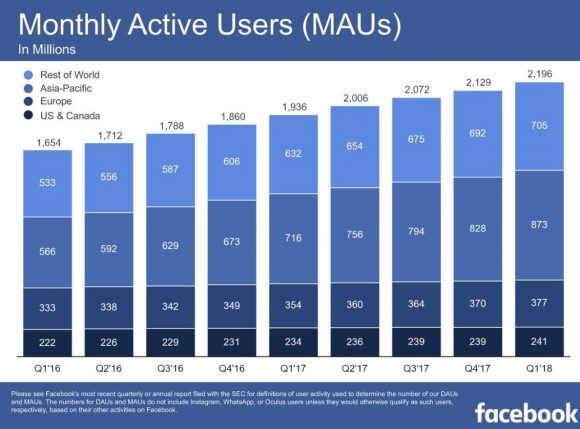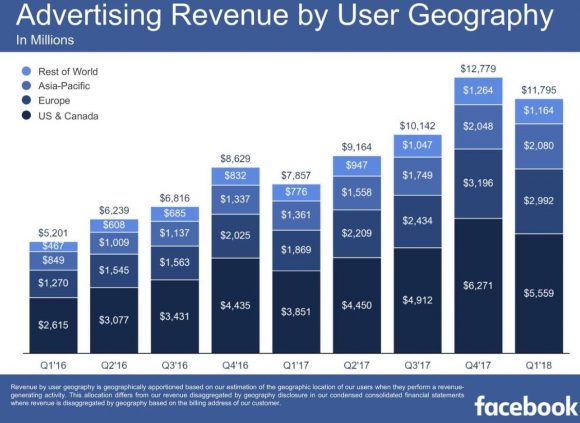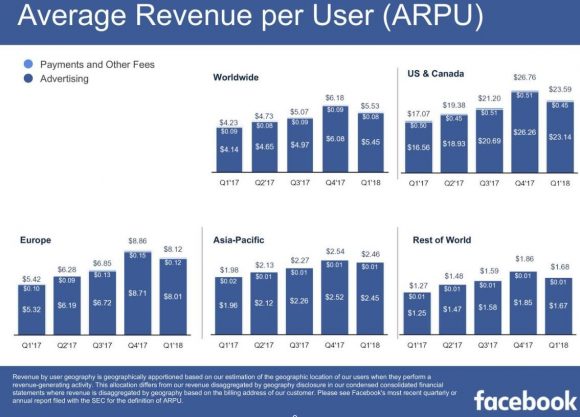Uber has seen a ferocious challenge to its business model of late. It seems everything it touches turns into fool's gold.
It is easy to assign blame to the current CEO, but Dara Khosrowshahi was shoehorned into a difficult situation after previous CEO Travis Kalanick defiantly departed leaving the company in tatters in his wake.
What could go wrong went wrong.
The company was purged of its license to operate in London, which was one of its highest transactional cities.
Uber boasted a ridership of 3.5 million and sub-contracted 40,000 drivers in London that singlehandedly wiped out the Cockney black cab industry.
The land of fish and chips has not exactly been kind to Uber with the British seaside resort city Brighton the next location to excommunicate Uber from its sandy shores.
Uber's massive data breach of 2016, which took Uber a full year to publicly disclose, of 25.6 million names, 22.1 million mobile phone numbers, and 607,000 driver's license numbers was cited as one of the reasons Uber's license in Brighton was discontinued.
Is there a way back for CEO Dara Khosrowshahi?
The future looks turbulent at best.
Khosrowshahi has left no stone unturned carrying out his search for a new CFO. Uber has not had a CFO since 2015, and a CFO is required to shepherd the company through the IPO process.
Prospective candidates will not touch this position with a 10-foot pole.
Several high-profile hopefuls have already rebuffed offers.
It was painfully obvious to onlookers last week at Uber's Elevate conference in Los Angles that Alphabet (GOOGL) is dominating every potential business that Uber desires to penetrate.
Waymo, Alphabet's autonomous driving technology arm, is miles ahead of Uber after developing in secret for many years.
Waymo's self-driving testing began in 2009 while Uber's first test was carried out in September 2016 in Pittsburgh, conceding a seven-year head start to bitter rivals.
Even worse, Uber's trials have been sidelined as of late because of a casualty in the Phoenix program. Arizona is on the verge of removing Uber from possible future tests along with California making Pittsburgh the last place left to consolidate operations.
At the Elevate conference, Khosrowshahi elucidated Uber's roadmap to industry professionals, and his synopsis was largely underwhelming.
Khosrowshahi broke down the future into three easy-to-understand stages.
In the next two to three years, stage one consists of focusing on improving existing algorithms, enhancing ride share transactions, and expanding to different locations widening the companies ride-share footprint.
Stage 1.5 detailed refining its Uber Eats segment seizing further market share from Grubhub (GRUB) and Amazon (AMZN), the two biggest rivals.
In two to five years from now, stage two entails ramping up the e-bike segment through recently acquired e-bike firm Jump.
Lastly, stage three was proposed to happen in five to 10 years and encompass growing a newly minted air-taxi division called Elevate.
Up until today, Uber's core business has been an unmitigated failure of massive proportions.
In the fourth quarter of 2016, Uber hemorrhaged $2.8 billion then followed up the fourth quarter in 2017 with a $4.5 billion loss, a stark reminder that profits are hard to come by in the tech world.
If losses are what investors want, Uber gives it to you in spades.
If it cannot successfully monetize the core business using cars, the e-biking future is dead on arrival.
Stage 1.5 is all designer chocolates and fancy roses now because growth and margins remain healthy. However, this industry is fraught with booby traps that I chronicled in the recently published story about Grubhub (GRUB).
Stage three was a division that Khosrowshahi reviewed several times after he took the top job and it made the cut after deep contemplation.
Uber plans to start conducting trials in 2020 in Dallas or Los Angeles with the hope of commercial operations starting in 2023.
This timeline is wishful thinking because regulators would never grant operational authority to Uber in a mere five years when it cannot even succeed on asphalt with its self-driving technology.
Lamentably, Alphabet's co-founder Larry Page has an ace up his sleeve.
Since last October, stealth flight trials have been carried out in New Zealand by firm Kitty Hawk led by Sebastian Thrun one of the creators of Waymo, which is developing autonomous flying taxis.
Kitty Hawk was developed for years in secret and personally backed by Larry Page's personal wealth.
He has already poured more than $100 million of his own money into this venture.
To further develop its business, Kitty Hawk was forced to decamp to New Zealand as the Federal Aviation Administration (FAA) in America lacks a path to certification and commercialization.
New Zealand has embraced the revolutionary start-up, and New Zealand is the first country poised to develop a functional robo air-taxi network.
Kitty Hawk's hopes and dreams rely on the aircraft Cora. Please click here to visit its website for more information.
Cora is an all-electric affair powered by batteries with a 36-foot wingspan.
This meshes perfectly with New Zealand's hope to be carbon free by 2050.
Cora has been manufactured with capabilities of flying at heights up to 2,950 feet and a range of 62 miles.
New Zealand has bet the ranch on aerospace technology allowing even marginal start-ups within its borders such as Martin Jetpack, the first commercially sold jetpack, operating with a flight ceiling of 2,500 feet and sold at a starting price of $150,000.
It is ironic that Uber chose to host an aerial-taxi conference considering it is not the company building the flying taxis.
This is the crux of the problem in which Uber finds itself.
It does not produce anything unique.
The biggest winners that take home the lion's share of the spoils are the firms that create a proprietary product that cannot be replicated easily such as Netflix's original content or Google's advanced search engine.
The heavy lifters gain control and can dictate the path toward monetization.
Page's Kitty Hawk is in the driver's seat with the best technology and Uber's Khosrowshahi recently met with Thrun pitching his idea of partnering up.
Expectedly, Kitty Hawk declined to become buddies because nothing can be gained by collaborating with Uber.
Kitty Hawk stated that it plans to develop an app for its own robo-flights, which could crush Uber's dream of being the end all be all of transportation apps.
At the end of the day, Uber is just an app matching drivers and passengers, and creating this app is highly replicable.
It takes billions upon billions of dollars to build an autonomous aerial taxi from scratch. Uber's inability to produce aircraft gives it little negotiating power down the line.
On that note, Uber announced a partnership with NASA to build an air traffic control system, which would logically be used to construct landing ports similar to a helipad for aircraft to land.
By carving out a sliver of the industry mastering port construction, it gives Uber a narrow entranceway into the future of aero-taxi industry albeit a weaker strategic position than Page's Kitty Hawk.
Another day and another loss to Alphabet. Wave the white flag.
Each loss leads to the need for more funding.
More funding has brought on more losses for Uber in a vicious cycle that has seen Uber's valuation slip at the last round of financing.
In the next five years, onlookers can expect much of the same from Uber - underperformance in the form of accelerated losses from its core ride-sharing business.
Capital is disappearing into a black hole and the monetization of Uber Eats and Jump is nothing about which to boast.
These are side businesses at best.
The road map is wishy-washy at best. Uber's Elevate division could turn out to be lipstick on a pig hyping up the company for its 2019 IPO to attract more dollars - the same reason it needs to recruit a new CFO.
The IPO road show will give Uber a platform to explain how it plans to curtail losses. A miracle is required for Uber to finally turn into a profitable business by the time it goes public.
To visit Uber's Elevate division to watch a video of its version of the future of aerial taxis, please click here.
Kitty Hawk's Cora in New Zealand
_________________________________________________________________________________________________
Quote of the Day
"A computer once beat me at chess, but it was no match for me at kickboxing." - said American comedian Emo Philips.







